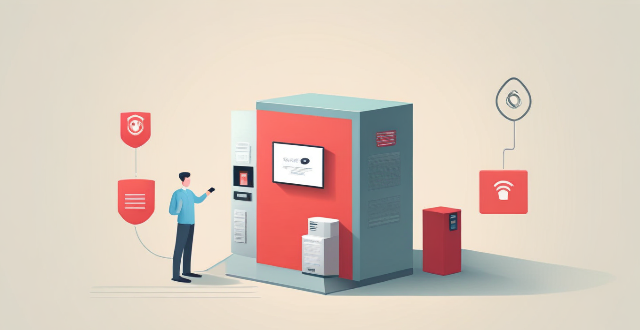Home security systems can significantly reduce the risk of burglaries, thefts, and other potential threats to your property and belongings. By installing a home security system, you can deter criminals, provide evidence in case of theft or damage, receive automatic alerts and responses in emergencies, and remotely monitor and control your property. These benefits can lead to lower insurance premiums over time. When selecting a home security system, consider factors such as coverage area, customization options, integration with other devices, and customer support and maintenance.

How Does a Home Security System Help Reduce Insurance Premiums?
Home security systems are designed to protect your property and belongings from burglaries, thefts, and other potential threats. By installing a home security system, you can significantly reduce the risk of these events occurring, which in turn can help lower your insurance premiums. In this article, we will discuss how a home security system can help reduce insurance premiums and provide some tips on choosing the right system for your needs.
1. Deterring Criminals
One of the primary benefits of having a home security system is that it acts as a deterrent to criminals. When potential burglars see that your home is protected by a security system, they are more likely to move on to an easier target. This reduces the likelihood of a break-in or theft occurring on your property, which can result in lower insurance premiums.
2. Providing Evidence in Case of Theft or Damage
If a burglary or theft does occur, a home security system can provide valuable evidence to support your insurance claim. Many modern security systems include cameras that record footage of any activity around your home. This footage can be used to identify the perpetrators and prove the extent of the damage caused, making it easier for your insurance company to process your claim and potentially reducing your future premiums.
3. Automatic Alerts and Responses
Many home security systems also offer automatic alerts and responses in case of an emergency. For example, if your system detects smoke or fire, it can send an alert to your phone and contact emergency services immediately. This quick response can help minimize damage to your property and reduce the cost of repairs, which can lead to lower insurance premiums over time.
4. Remote Monitoring and Control
With remote monitoring and control features, you can keep an eye on your property even when you're away from home. You can receive notifications about any unusual activity or potential threats and take action before they become serious problems. This proactive approach to home security can further reduce the risk of incidents occurring, leading to lower insurance premiums.
Tips for Choosing the Right Home Security System
When selecting a home security system, consider the following factors:
* Coverage Area: Choose a system that covers all areas of your home, including doors, windows, and outdoor spaces.
* Customization Options: Look for a system that allows you to customize settings based on your specific needs and preferences.
* Integration with Other Devices: Consider whether the system can integrate with other smart devices in your home, such as thermostats or lighting systems.
* Customer Support and Maintenance: Choose a provider that offers reliable customer support and regular maintenance services to ensure your system remains effective over time.